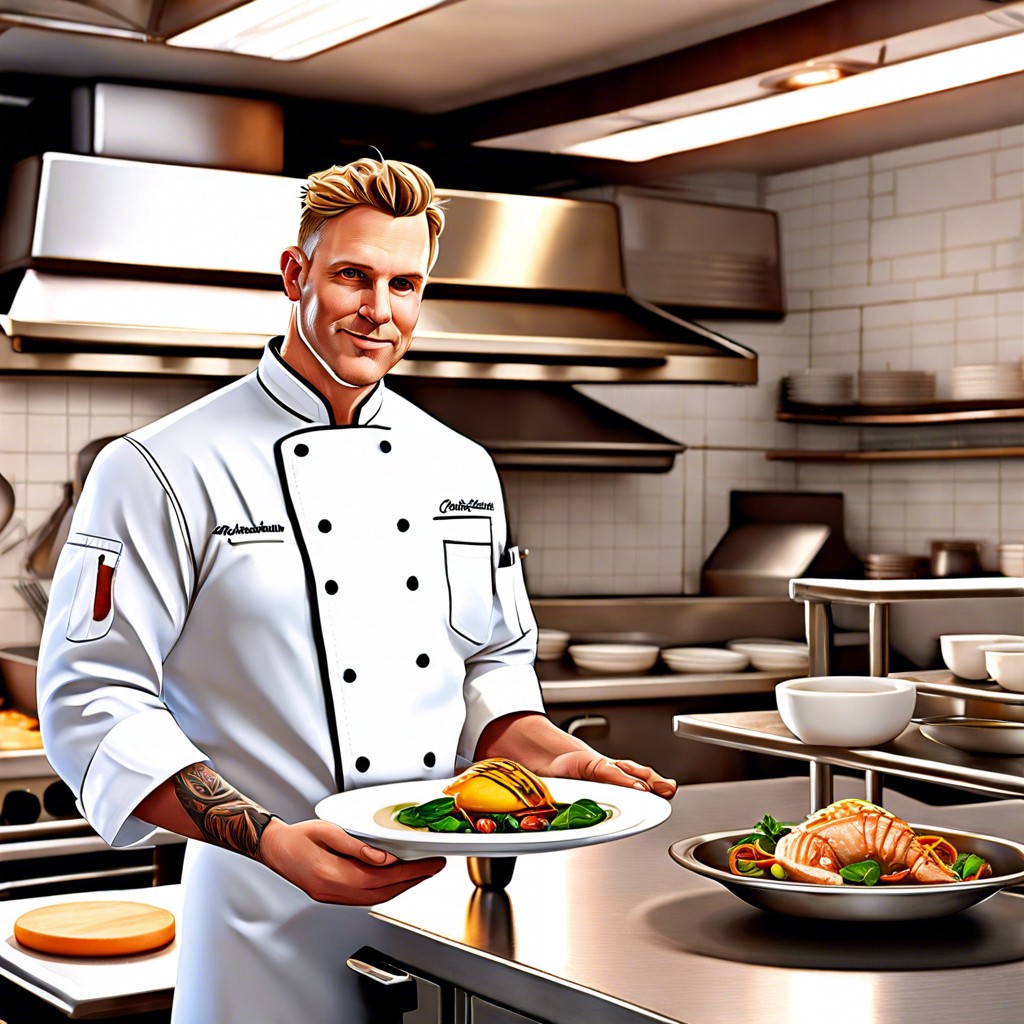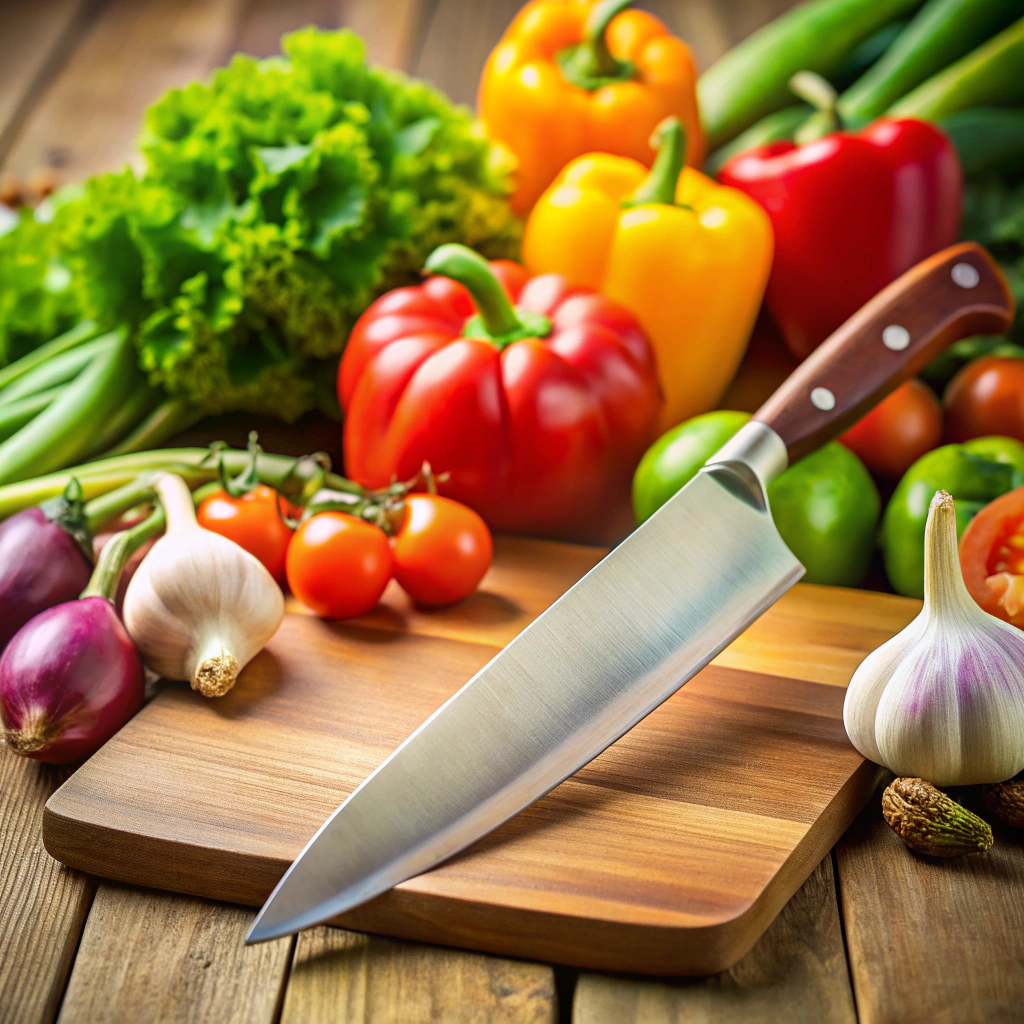Last updated on
Learn about the various roles and responsibilities of kitchen staff in this detailed guide.
Key takeaways:
- Kitchen Manager oversees daily operations, staff, and food safety.
- Head Cook/Executive Chef orchestrates kitchen, menu development, and budget management.
- Sous Chef manages day-to-day kitchen operations and staff training.
- Line Cook executes dishes with precision and maintains kitchen cleanliness.
- Kitchen Staff traits: communication, resilience, teamwork, attention to detail, creativity
What's Inside
Kitchen Manager Job Description

A kitchen manager oversees the daily operations of the restaurant’s kitchen. Their primary responsibility includes managing staff and ensuring food safety standards are met. They also play a crucial role in inventory management, from ordering supplies to minimizing waste.
Efficient scheduling of kitchen staff ensures operations run smoothly during busy hours. Maintenance of kitchen equipment also falls under their supervision to prevent any unexpected hiccups during peak times. Finally, they often collaborate with head cooks or chefs to implement new menu items or adjust existing ones to improve customer satisfaction and operational efficiency. Their role is crucial in ensuring the kitchen operates like a well-oiled machine.
Head Cook/Executive Chef Job Description
The head cook, often referred to as the executive chef, orchestrates the kitchen. They oversee the creation and consistent delivery of dishes, ensuring each plate reflects the restaurant’s culinary vision. This role involves heavy collaboration, requiring regular coordination with suppliers to procure premium ingredients and with kitchen staff to streamline operations.
A key responsibility includes menu development—balancing creativity with cost-effectiveness, seasonality, and customer preferences. Additionally, they manage the kitchen’s budget, meticulously balancing food costs with labor to maintain financial health.
Training and mentoring junior kitchen staff also falls under their duties, fostering a learning environment that upholds high standards of food safety and service. Leadership, creativity, and a keen palate are quintessential in this role, much like a conductor leading an orchestra to a harmonious symphony.
Sous Chef Job Description
A sous chef, often considered the right-hand to the executive chef, plays a crucial role in a commercial kitchen’s hierarchy. This position involves significant responsibility, managing much of the day-to-day running of the kitchen.
- Key responsibilities include:
- Assisting in the creation and planning of menus while ensuring consistency and quality in every dish.
- Supervising and training kitchen staff to follow recipes and plating guidelines meticulously.
- Handling kitchen operations when the head chef is unavailable, making quick decisions to keep service smooth.
- Ordering kitchen supplies and managing inventory to avoid shortages or excesses.
- Skills necessary for success:
- Strong leadership and communication are essential, as a sous chef needs to effectively manage a diverse team.
- Keen attention to detail ensures every plate served adheres to high standards.
- The ability to multitask and work efficiently under pressure, especially during peak dining hours.
Through a combination of culinary expertise and adaptive management abilities, a sous chef ensures the kitchen operates as a well-oiled machine, maintaining quality while optimizing productivity.
Line Cook Job Description
Line cooks are the culinary artists who sizzle and sear in the trenches of restaurant kitchens. Performing under the guidance of a head chef or sous chef, they are vital in ensuring each dish is executed with precision. Responsibilities include prepping ingredients, assembling dishes according to restaurant recipes, and maintaining a clean and orderly kitchen environment. To excel, line cooks must possess a fast-paced work ethic, attention to detail, and a passion for food. They should be able to follow recipes and presentation specifications and respond dynamically to busy restaurant demands. Effective communication with other team members is crucial to harmonize kitchen operations and deliver top-notch dishes consistently. Being a team player and having the capacity to withstand the heat of the kitchen both quite literally and figuratively are quintessential.
Kitchen Staff Skills and Personality Traits
Diving into the culinary world requires more than a knack for tasty dishes. Essential traits such as strong communication and organizational skills are paramount. A bustling kitchen demands clear directives and efficient coordination among team members.
Resilience and adaptability ensure a smooth operation under pressure during peak hours. Think quick on your feet—a key to solving the inevitable last-minute crises. Attention to detail ensures culinary precision and consistency, which is vital for maintaining high standards and customer satisfaction.
Another cornerstone trait is teamwork. Optimal kitchen performance is a group effort, fostering a collaborative ambiance that celebrates diverse culinary expertise. Empathy also plays a vital role, helping staff navigate through stressful shifts with mutual support and understanding.
A dose of creativity enhances flavors and presents new dining experiences, making each meal an opportunity to wow the guests. Recognizing the symphony of skills required, developing these will undoubtedly elevate one’s contributions in any culinary setting.




